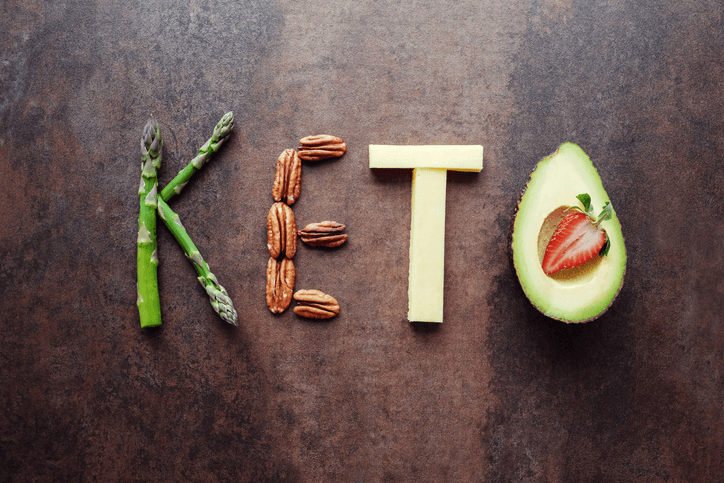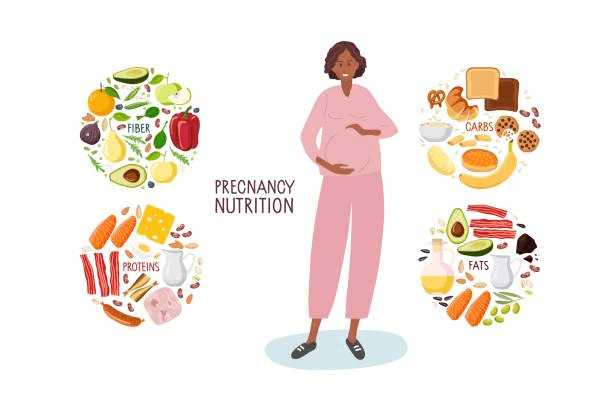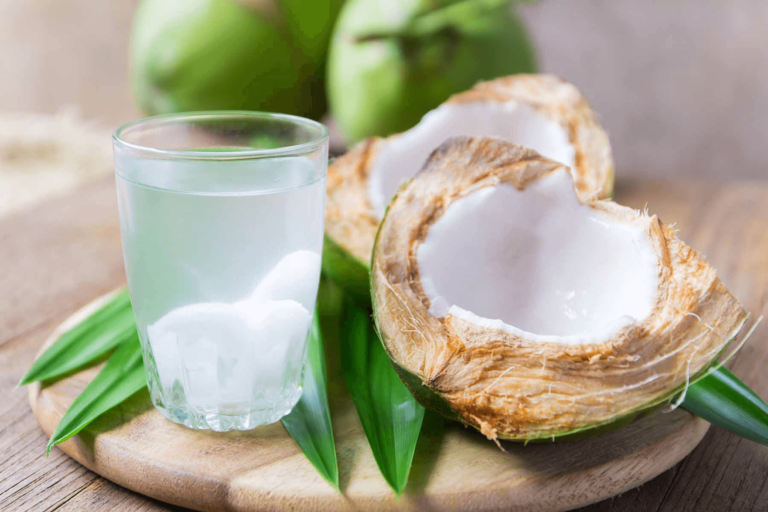Is the Keto Diet Safe While Pregnant?

The ketogenic diet, commonly known as keto, is characterized by low carbohydrate intake, moderate protein intake, and very high fat intake. This diet induces a state of ketosis in the body, where fat is burned for energy instead of glucose. While the keto diet can lead to rapid weight loss, reduced inflammation, and stabilized blood sugar levels, its safety during pregnancy is questionable. This article explores the risks of following a keto diet while pregnant and provides healthier alternatives.
The Risks of the Keto Diet During Pregnancy
While the keto diet may offer benefits for weight loss and chronic illness management, its safety during pregnancy is not well-supported. Here are some key risks:
- Nutrient Deficiencies: The keto diet limits carbohydrate intake, which can lead to deficiencies in essential nutrients like vitamin C, B vitamins, magnesium, and folate. Folate is crucial for preventing neural tube defects in developing babies.
- Potential for Organ Development Issues: Animal studies have shown that a ketogenic diet during pregnancy can result in higher rates of organ development failure and potential behavioral problems in offspring.
- Neural Tube Defects: Higher levels of ketone bodies in pregnant women have been linked to an increased risk of neural tube defects in babies, such as spina bifida and anencephaly.
- Lower IQ Scores: Research has indicated that higher ketone body levels in pregnant women are associated with lower IQ scores in their children.
- Hypoglycemia Risk: Pregnant women with prediabetes or type 2 diabetes may experience low blood sugar levels on a low-carb diet, which can be harmful to both mother and baby.
Given these risks, it is generally recommended to avoid the keto diet during pregnancy.
Also read: Why You May Be Gaining Weight During Pregnancy Despite Not Eating A Lot
Healthy Alternatives to the Keto Diet During Pregnancy
Maintaining a balanced diet during pregnancy is crucial for both maternal health and fetal development. Here are some tips for a healthy pregnancy diet:
- Focus on Low-Glycemic Meals: These meals digest slowly, resulting in stable blood sugar levels and healthy weight gain.
- Balanced Plate: Aim for a balanced plate with at least one-third non-starchy vegetables, protein-rich foods, and healthy fats at every meal.
- Incorporate Healthy Fats: Include sources of healthy fats such as olive oil, avocado, nuts, and seeds.
- Avoid “Naked Carb Meals”: Always pair carbohydrates with a source of fat, fiber, or protein to maintain stable blood sugar levels.
- Diverse Food Groups: Include a variety of foods in your diet:
- Fruits: Rich in vitamin C, fiber, and phytonutrients.
- Vegetables: Provide essential vitamins, minerals, and antioxidants.
- Whole Grains: High in B vitamins, folate, and fiber.
- Lean Meats: Supply necessary amino acids, iron, and other minerals.
- Healthy Fats: Found in fish, nuts, seeds, coconuts, and avocados.
Managing Gestational Diabetes Without Keto
While some people with type 2 diabetes may benefit from the keto diet, it is not recommended during pregnancy, even for those with gestational diabetes. Instead, focus on a balanced diet that provides adequate nutrients and helps manage blood sugar levels without the risks associated with ketosis.
Seeking Professional Guidance
If you feel overwhelmed by dietary choices during pregnancy, consulting a prenatal nutritionist can be beneficial. Prenatal nutritionists specialize in maternal and fetal nutrition and can help you navigate complex dietary needs during pregnancy. They can assist in transitioning from a keto diet to a more balanced diet, ensuring both you and your baby receive optimal nutrition.
Conclusion
While the keto diet may offer short-term benefits for weight loss and chronic illness management, it is generally not considered safe during pregnancy due to the risks of nutrient deficiencies and potential harm to fetal development. A balanced, nutrient-rich diet is the best approach for a healthy pregnancy. For personalized advice, consider consulting a prenatal nutritionist who can guide you through maintaining a healthy diet during this crucial period.
For more detailed guidance and tips on maintaining a healthy pregnancy diet, visit babyix.com.
Also read: Top Foods To Eat In The First Trimester Of Pregnancy






